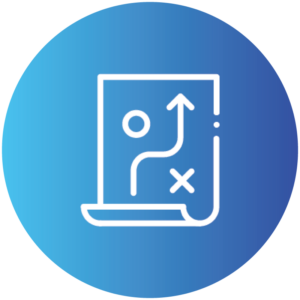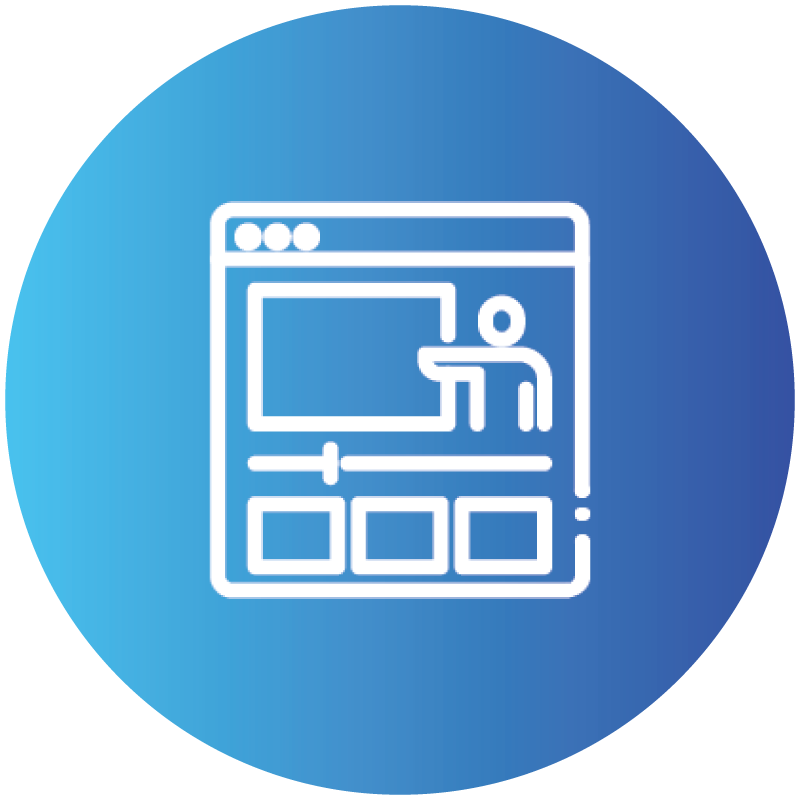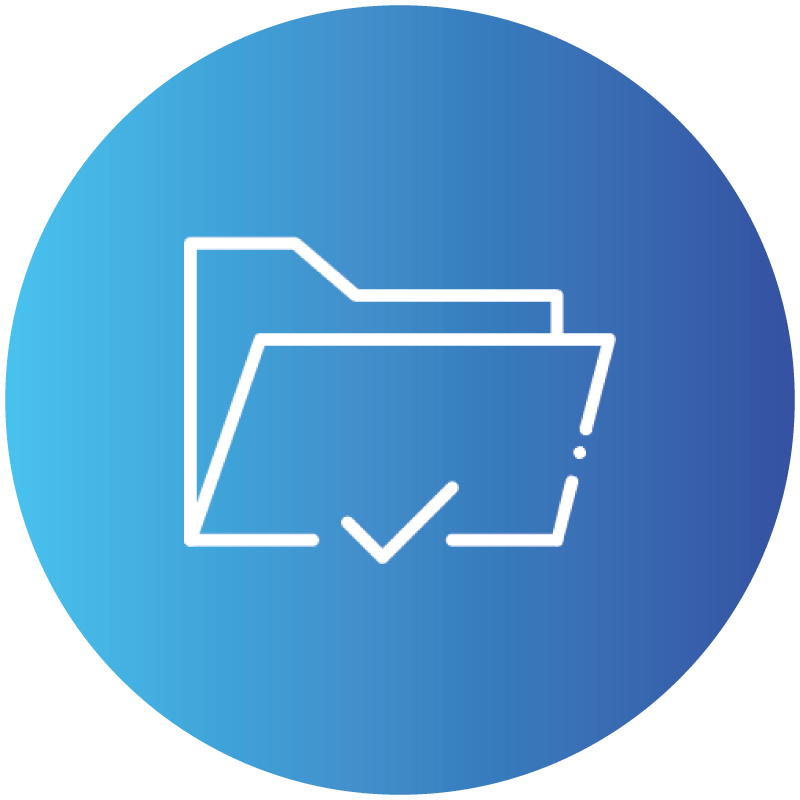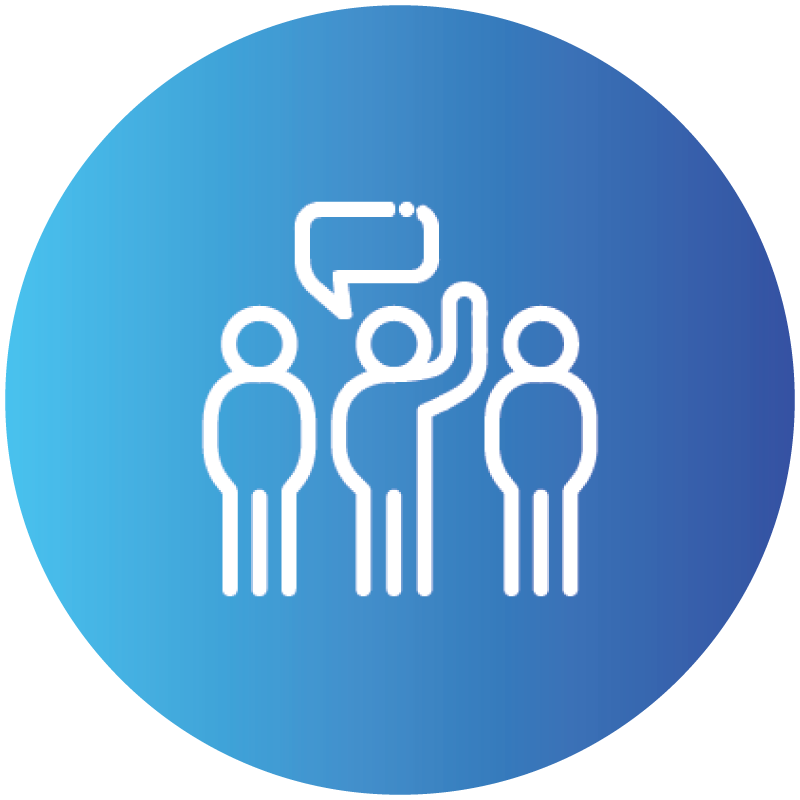Earn Your Weight Loss Coach Certificate Online
As coaches, we’re trained to focus on behavior changes rather than on outcomes. But, at AFPA, we realize that many clients will come to you with weight loss as a goal.
By completing this weight loss coach certificate of specialty, you’ll learn effective methods to guide your clients toward making sustainable changes when they choose to focus on losing weight.
This comprehensive course equips you with invaluable insights, strategies, and tools to support clients in achieving their weight loss goals while prioritizing lasting behavioral changes.

This Program is For…

Health and wellness coaches who want to help clients reach and sustain their weight loss goals

Physicians, dietitians, and nurse practitioners who want actionable behavior change strategies

Personal trainers and fitness professionals who want to be better coaches

Individuals who want to learn proven strategies to lose and keep off the weight for good
What Your Course Enrollment Includes
This online certificate course will provide you with all of the knowledge, core skills, confidence, and tools that you’ll need to support yourself and others as a weight loss coach.
- Access to the online learning platform
- 13+ hours of on-demand video instruction, including practical coaching experience
- 20+ handouts to use for reference and in coaching sessions
- Self-study assignments and exercises to support your learning
- Practice coaching sessions where you can sharpen your skills and nutritional knowledge
- The most up-to-date research information and coaching strategies
- Simulated coaching session videos
- Graduates gain access to our private online community exclusively for alumni
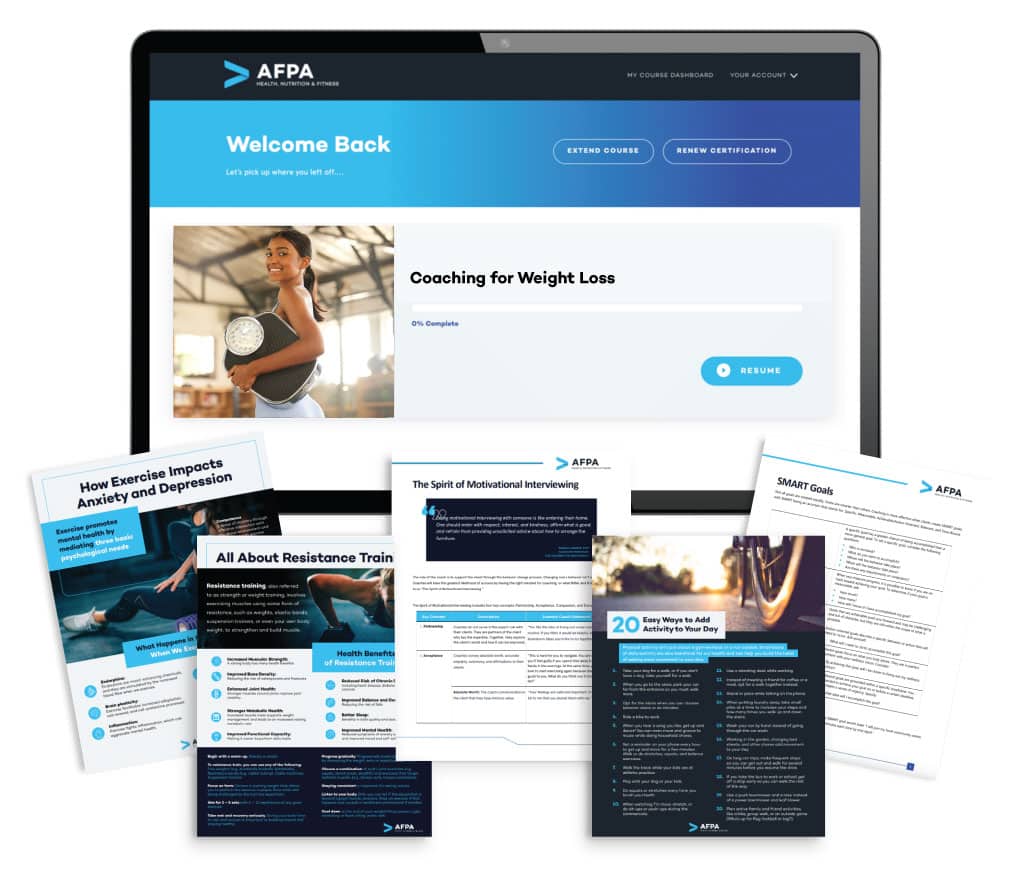
Preview the Course
A Look Inside The Curriculum
This weight loss coaching course will provide you with the education you need to guide your clients to achieve their weight loss goals through behavior modification and will provide you with the skills necessary to help them achieve long-term weight management.
Module 1: The Science of Obesity Answer
You will learn about the issues related to weight, the physiology of obesity, and how weight affects well-being. Topics include:
- The obesity epidemic and global trends
- The implications of weight on overall health and its relationship to cardiovascular disease, respiratory conditions, cancer, and dementia, among others
- An in-depth examination of diabetes and obesity
- The physiological mechanisms involved in the development and maintenance of obesity, including factors such as metabolism, hormonal regulation, and adipose tissue function
- Body composition, BMI, and waist circumference as tools for assessing health
- Adiposity and how it differs from obesity
- Metabolism and energy balance
- Weight loss after pregnancy
- The latest in weight loss medications
- Weight loss surgery
- The psychosocial aspects of food consumption
- Our built environment’s influence on our relationship to food and activity
- Health disparities that contribute to weight gain
- Healthy weight for children
- Eating disorders and disordered eating with a spotlight on orthorexia
- The relationship between weight status and mental health and the potential effects on self-esteem, body image, and overall well-being
- Weight’s influences on quality of life and the physical and emotional burdens associated with weight-related concerns
Module 2: Nutrition and Weight Loss Answer
This module focuses on nutrition’s role in weight loss and how to build sustainable habits. Topics include:
- Energy intake and output and its relationship to weight management
- Key nutritional concepts, including macronutrients (proteins, lipids, and carbohydrates) and micronutrients (vitamins and minerals) and their roles in supporting weight loss
- How a nutrient-rich diet supports healthy bodily function and protects against disease. Foods that contribute to a nutrient-rich diet are also discussed
- An evaluation of common dietary approaches for weight loss and health based on evidence related to their effectiveness in weight loss and promoting overall health
- The gut microbiome’s role in optimal health and how an unbalanced microbiome can affect weight management and a range of physical and mental health issues
- Food allergies, intolerances, and sensitivities
- Food restrictions, preferences, and protocols related to health, religion, culture, and geographic region
- Common obstacles many people face in maintaining a healthy diet and developing strategies to overcome challenges
- The importance of a holistic approach to nutrition, considering not only weight loss but also overall well-being
- Cleansing and detoxification practices
- The essential need for proper hydration
- Exploring clients’ unhealthy beliefs about nutrition and strategies to help clients address these
- How to help clients reframe slips and setbacks to view them as learning opportunities
- Eating mindfully and coping with cravings
- An interview with a chef: Tips for cooking, ingredients, tools and more
- The meal planning process, including how to help clients discover their obstacles to eating healthy meals at home
- Helping clients expand their food variety to ensure proper nutrition
Module 3: Exercise, Physical Activity, and Weight Loss Answer
This module focuses on physical activity and its relation to physical and mental health and weight management. Topics include:
- Activity terminology
- The benefits of physical activity for weight loss and reducing the risk of chronic disease
- Physical activity and resistance training guidelines
- How physical activity affects mental health by lowering stress, anxiety, and depression and enhancing mood and overall well-being, among other mental health benefits
- An in-depth examination of the relationship between stress and physical activity
- Tips for incorporating the benefits of exercise into your coaching practice
- Exercise’s importance in weight loss, exploring how movement influences metabolism, energy expenditure, and overall health
- Easy ways to add more activity to your day
- Barriers to physical activity and regular exercise and how to help clients overcome these
- The importance of rest and recovery
- Setting goals to track physical activity behavior
Module 4: Coaching Strategies with Clients Who Want to Lose Weight Answer
This module focuses on behavior change strategies you can use to support clients with their weight loss journey. Topics include:
- Fundamental coaching skills, including active listening, empathy, and effective feedback tailored specifically for clients with weight loss goals
- An examination of behavior change theories, including how to apply them and constructs to guide clients through the weight loss process effectively
- Motivational interviewing techniques as they relate specifically to clients seeking weight loss
- How to incorporate the “Spirit of MI” to foster an empathetic and nonjudgemental atmosphere where clients feel empowered to discover their own reasons for change
- Behavior transformation
- Self-efficacy and how to help clients build theirs by exploring their strengths, skills, and accomplishments
- An exploration of “Change Talk” and how to identify your clients’ motivation, commitment, and readiness for behavior change
- The difference between intrinsic and extrinsic motivation and how coaches can foster intrinsic motivation in their clients
- Strategies for effectively addressing common challenges and client resistance during the weight loss journey
- The importance of setting behavioral versus outcome goals and how to help clients build sustainable, behavioral goals
- SMART goals: What they are and how to use them
- Helping clients identify discrepancies between their current behavior and future goals
- Fostering cultural sensitivity and adaptability in coaching approaches
Module 5: Sustainability and Long-Term Success Answer
All coaching programs must come to an end, and this module discusses how to equip clients with the tools to continue their progress and set themselves up for a healthier future. Topics include:
- Working collaboratively with clients to ensure they can carry forward their successes beyond the coaching relationship
- How to prepare clients to work independently on their behavior goals
- Ways to help clients create a maintenance plan that will build success
- The components of the final coaching session, from co-creating a maintenance plan to celebration
- Fostering resilience and coping skills with clients throughout the coaching process
- An interview that explores one coach’s successful and sustainable weight loss
- The seven dimensions of health and wellness beyond weight
- How to help clients see beyond “What Now?” after achieving their goals
Meet Your Instructors

Shana Walsh, PhD, NBC-HWC, MCHES
Dr. Shana Walsh earned her PhD from Baylor University where her research focused primarily on health behavior science, and specifically the theoretical underpinnings of why people make choices that either support or hinder their health. She is a former associate professor of health education and a practicing health coach. Dr. Walsh’s professional certifications include National Board-Certified Health and Wellness Coach, Master Certified Health Education Specialist, Certified Personal Trainer, and Registered Yoga Teacher.

Stephanie Tingle, BS, NBC-HWC
Stephanie holds a Bachelor of Science degree in Integrative Wellness from Midwest University of Holistic Health and a Public Health Certification from Kent State University. Professionally, Stephanie has spent nearly 20 years growing her own coaching business. Personally, Stephanie has been interested in health, wellness, movement, and weight for most of her life. As a 50-year-old woman who lost nearly 130 pounds after yo-yo dieting since childhood, she understands that health is multifaceted – and means something different to each client. Stephanie’s coaching focuses mainly on overall health, general well-being, and longevity.
“When I first started coaching, I quickly realized most of my clients all wanted the same thing: to lose weight. Losing weight is a journey. I’ve learned a lot along the way about the science of weight loss and how it applies to real-life coaching situations, and I’m eager to share that with you. “
— Dr. Shana Walsh
Accreditation & Continuing Education
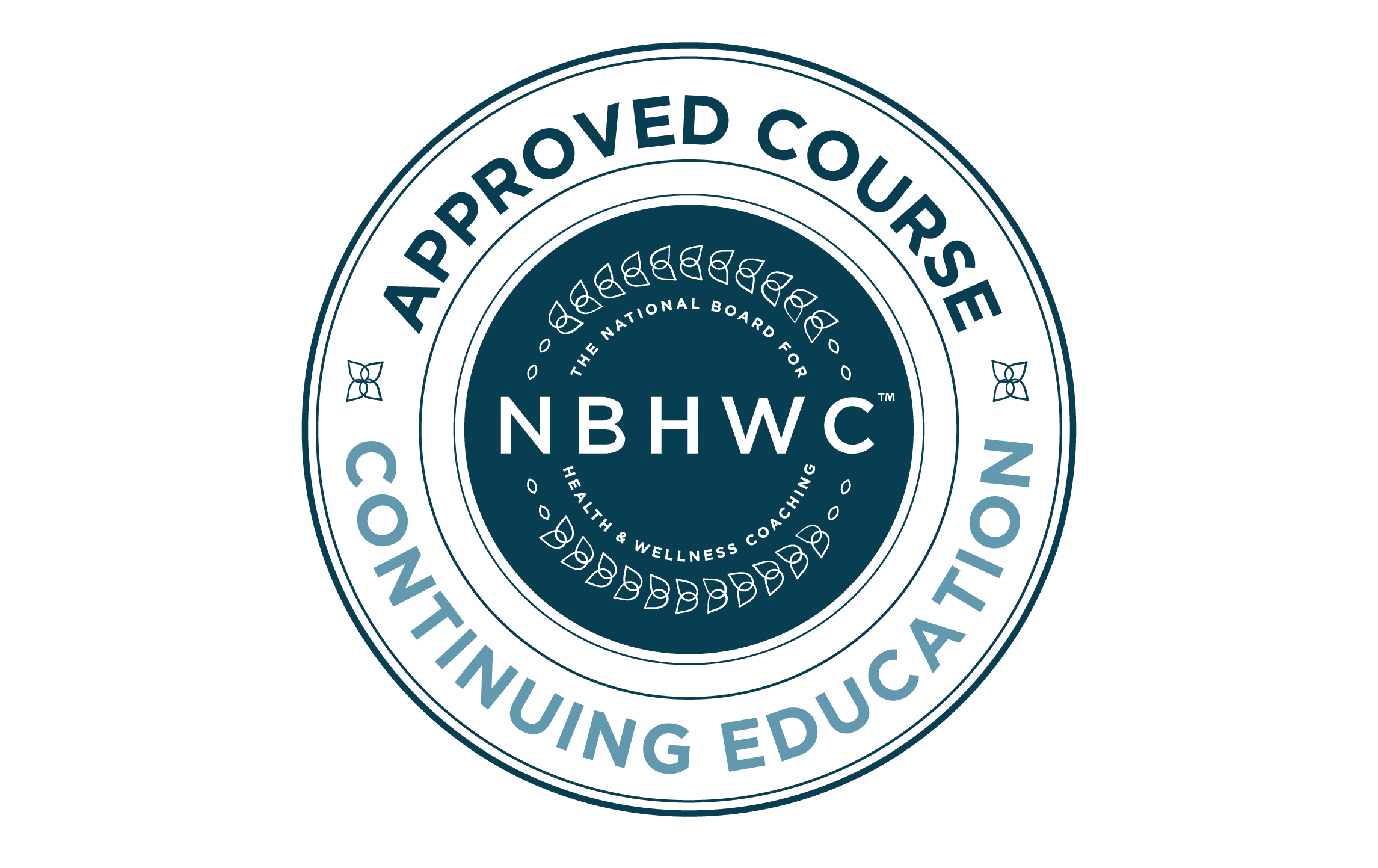
CEA-000474-1
Coaching for Weight Loss is approved by NBHWC (the National Board for Health and Wellness Coaching) for a total of 13 NBHWC CECs.
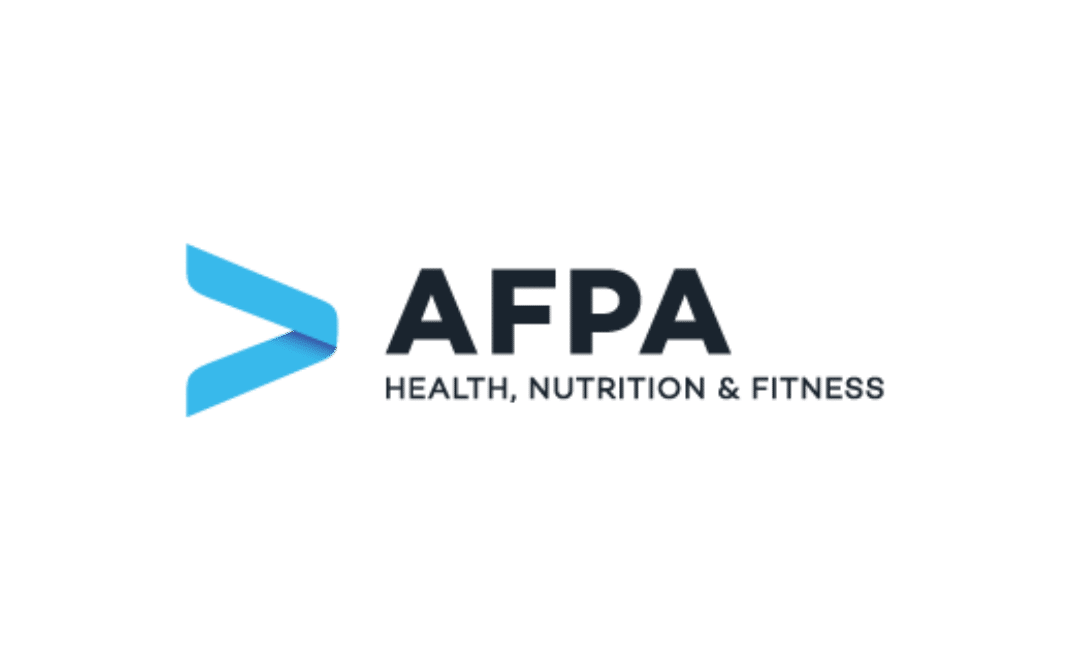
Coaching for Weight Loss is approved by AFPA (American Fitness Professionals & Associates) for a total of 16 AFPA CECs.
130000+ students certified
30+ years of excellence in education
30+ certification programs offered
98.9% student satisfaction
Let Customers Speak for Us
FAQ
What are the enrollment requirements for this course? Answer
To enroll in the Coaching for Weight Loss certificate of specialty course, you must be at least 18 years of age and have a solid understanding of the English language.
How long will I have to complete the course? Answer
The Coaching for Weight Loss certificate of specialty course is designed as a self-directed, self-study program, allowing you to tailor your learning experience to fit your individual needs and availability. The course is structured to be completed in six months or less, providing you with a reasonable timeframe to delve into the comprehensive curriculum and absorb the core concepts of weight loss coaching.
However, we understand that some students may require additional time to fully absorb the course content or accommodate unexpected life events. Should you find yourself in need of more time, we offer the option to request a six-month extension for a fee of $75. This extension allows you to continue your studies without feeling rushed or overwhelmed, ensuring that you have the necessary time to grasp the concepts.
How soon can I begin this course? Answer
We have open enrollment for our Coaching for Weight Loss course, so you may enroll whenever you are ready. Shortly after completing your purchase, we will grant you access to the learning portal where you can begin your course right away.
What happens once I enroll in the Coaching for Weight Loss course? Answer
Shortly after you place your order, you will receive access to our online learning platform. This user-friendly platform serves as your hub for accessing all course materials, lecture videos, downloadable resources, and assessments.
Are textbooks included in my enrollment fee? Answer
This course is 100% online with no textbooks required.
Can I earn continuing education credits for completing this certificate of specialty? Answer
A newly acquired AFPA certificate of specialty has a value of 16 continuing education credits (CECs) that count toward the renewal requirements of an existing AFPA certification. To qualify for CECs, you must successfully complete the certification program and pass your final exam.
How many AFPA CECs is this course worth? Answer
The Coaching for Weight Loss certificate of specialty course provides you with 16 continuing education credits (CECs) that count toward the renewal requirements of an existing AFPA certification. To qualify for CECs, you must successfully complete the certification program.
Do I need a health coaching or personal training certification before starting the Coaching for Weight Loss course? Answer
No, a previous certification is not required to enroll in this course. However, if you are a health coach or personal trainer, this course offers specialized training to help you assist clients with weight loss goals.
How is the final exam administered? Answer
The Coaching for Weight Loss final exam is administered online and includes 100 multiple-choice questions.
You must earn 80% or higher on your exam to pass.
What if I don’t pass the final exam? Answer
If you don’t pass the final exam on your first try, you may retake it for a retest fee of $75.00.
Are payment plans available for this course? Answer
AFPA offers flexible, interest-free payment plans without credit checks or added fees.
What qualifications do you need to be a weight loss coach? Answer
Becoming a weight loss coach typically doesn’t require formal qualifications like a degree, but certain qualifications and skills can greatly enhance your credibility and effectiveness in the role. Here are some qualifications and skills commonly associated with weight loss coaching:
- Education and Certification: While not always mandatory, obtaining a certification in weight loss coaching from a reputable organization can demonstrate your expertise and commitment to the field.
- Knowledge of Nutrition and Exercise: A strong understanding of nutrition principles, healthy eating habits, and exercise science is essential for guiding clients toward sustainable weight loss goals. Consider pursuing additional education or certifications in nutrition or personal training to deepen your knowledge in these areas.
- Coaching Skills: Effective coaching involves active listening, empathy, motivational interviewing, goal setting, and accountability. Develop strong coaching skills to support clients in overcoming obstacles, changing behaviors, and achieving their weight loss goals.
- Communication Skills: Clear and effective communication is crucial for building rapport with clients, explaining complex concepts in simple terms, and providing encouragement and support throughout the coaching process.
- Empathy and Compassion: Weight loss can be a sensitive and personal journey for many individuals. Demonstrating empathy, understanding, and compassion toward your clients’ struggles and challenges can help build trust and rapport.
- Problem-solving Skills: Weight loss coaching often involves identifying obstacles and finding creative solutions to overcome them. Develop strong problem-solving skills to help clients navigate setbacks and stay on track toward their goals.
- Personal Experience: While not a requirement, personal experience with weight loss or lifestyle change can provide valuable insights and empathy when working with clients. However, it’s important to recognize that everyone’s journey is unique, and what worked for you may not work for others.
- Continuing Education: Stay up-to-date with the latest research, trends, and best practices in weight loss, nutrition, and coaching by pursuing continuing education opportunities, attending workshops, and networking with other professionals in the field.
Ultimately, becoming a successful weight loss coach requires a combination of education, skills, empathy, and a genuine desire to help others achieve their health and wellness goals.
Can I speak with an Enrollment Specialist before signing up? Answer
To speak with an Enrollment Specialist, email us at info@afpafitness.com or call us at 800.494.7782.
Flexible Payment Plans with 0% Interest — No Credit Check Required!
With AFPA’s in-house payment plans, you can pay as you go with no interest and no credit check. Spread the cost of your certification over time with the flexibility to choose a plan that works best for your budget.


